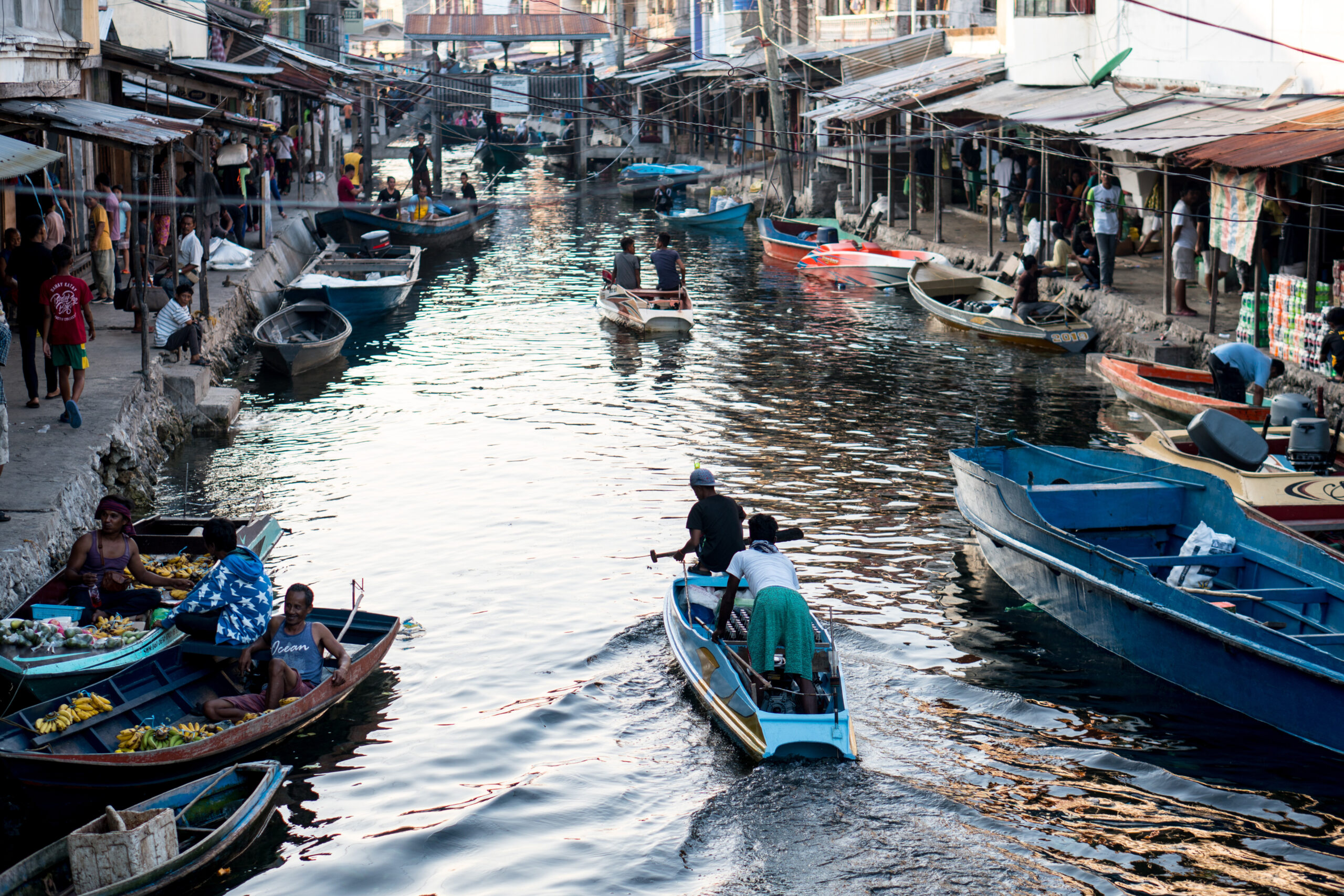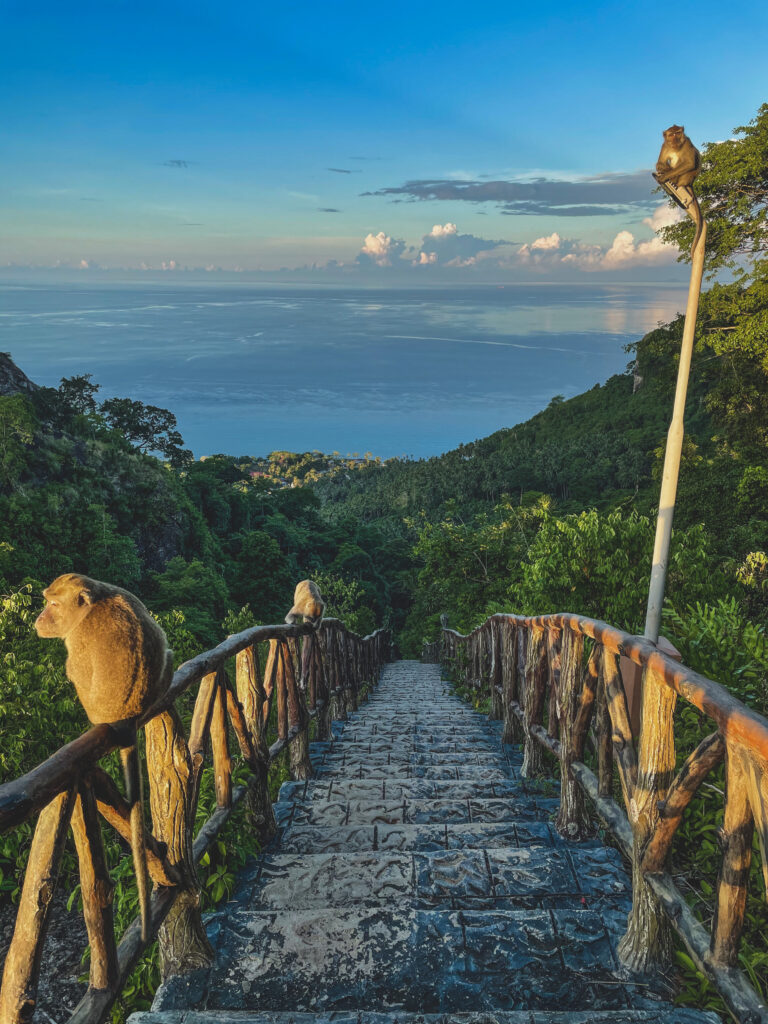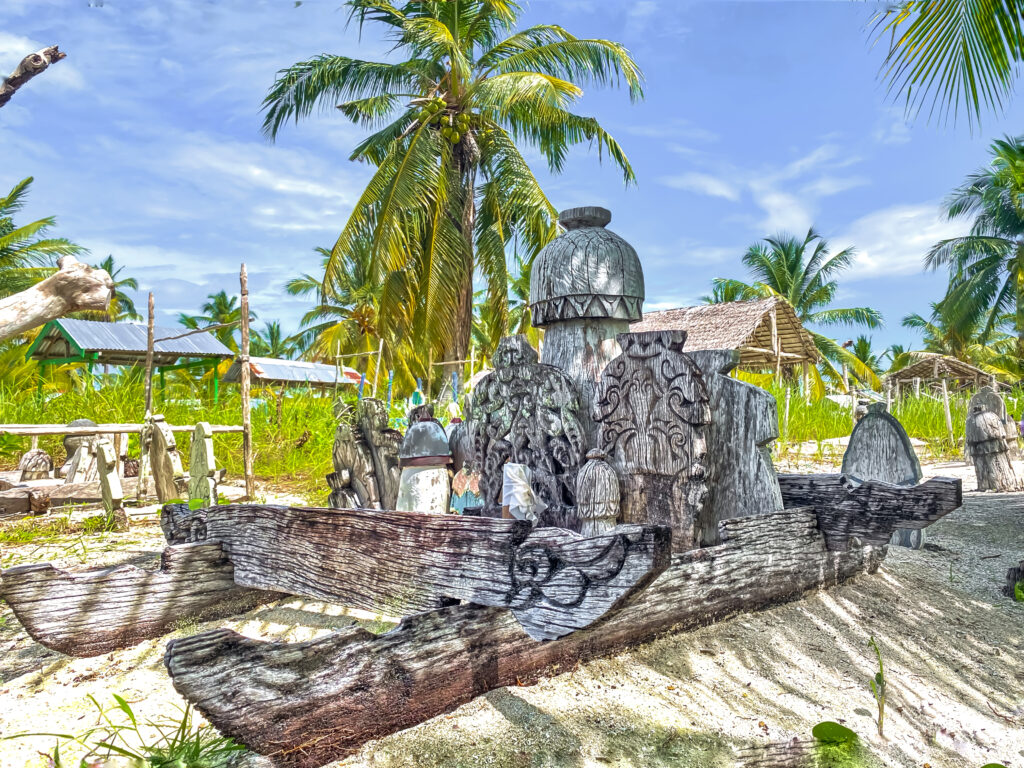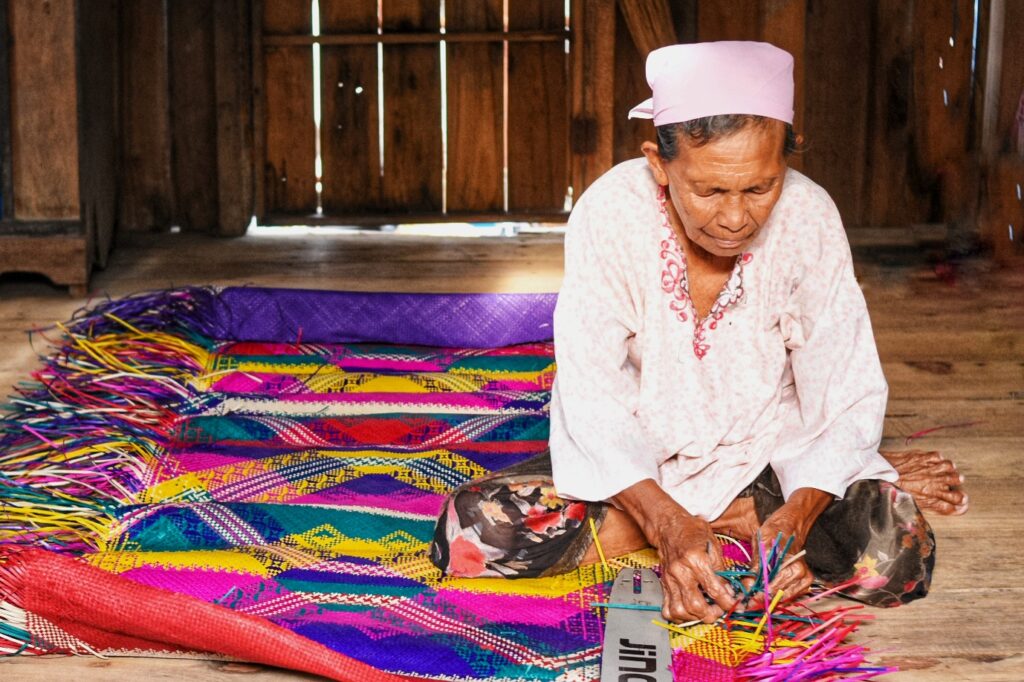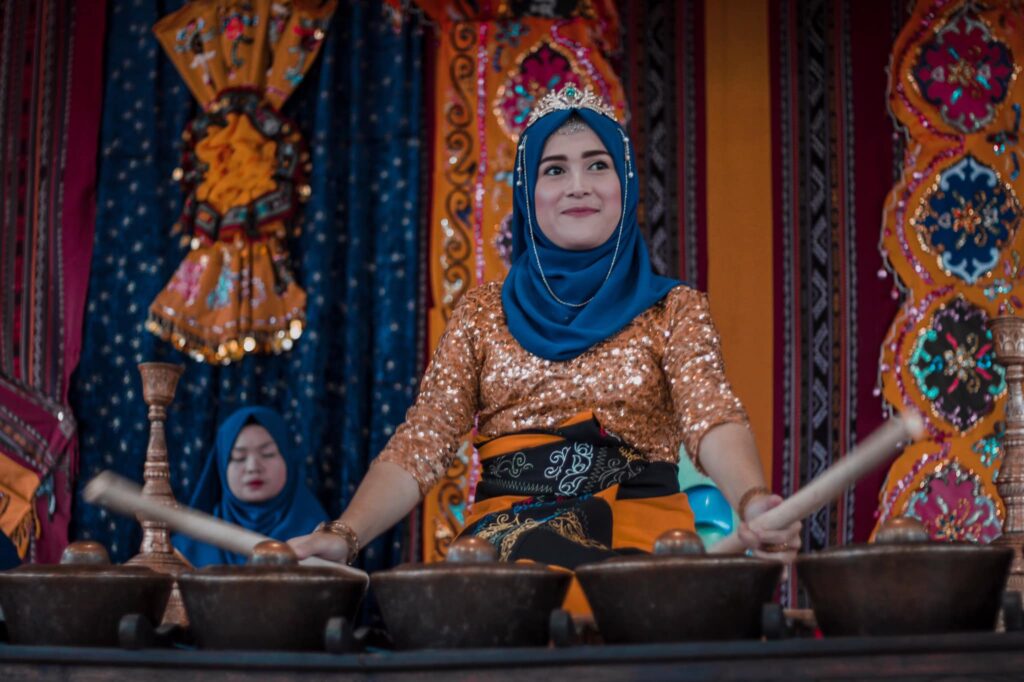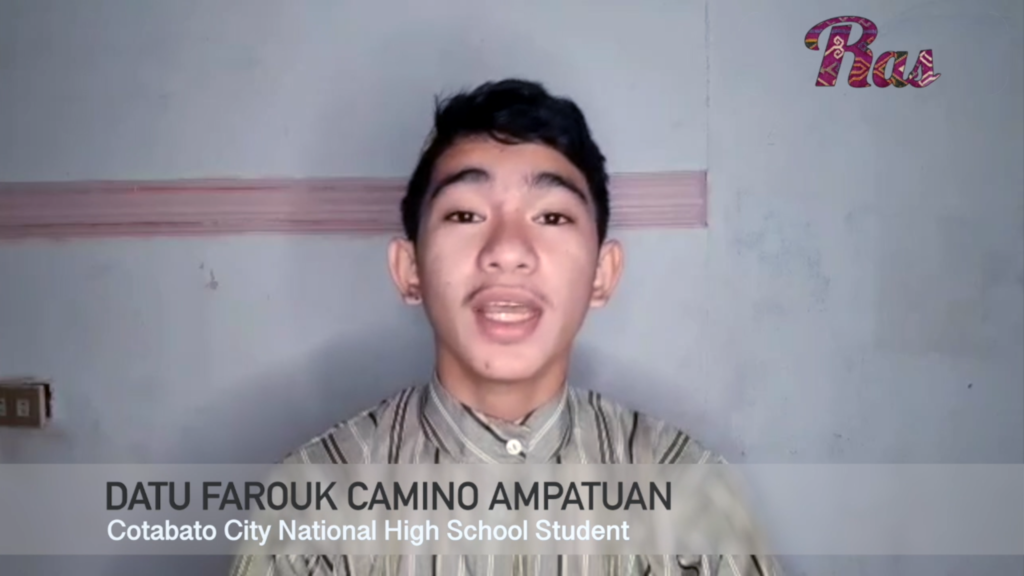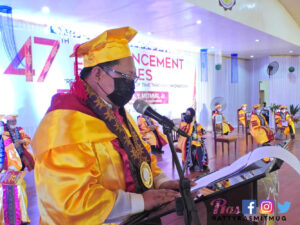
The Office of MP Rasol Mitmug Jr., in partnership with the Bangsamoro Commission for the Preservation of Cultural Heritage, in celebration of the National Heritage Month, presents PAMANA Photography Contest 2021: Upholding Bangsamoro Heritage and Identity. This competition provides platform to our visual storytellers in line with our objective to preserve the Bangsamoro heritage and raise awareness and appreciation among the younger generation on how enriched the culture is, and get a glimpse of what needs to be addressed in relation to our cultural heritage for potential social impact.
The Bangsamoro has a rich and fascinating history of cultural heritage with its distinctive traditions, artworks, craftmanship, entrepreneurial spirit and cultural diversity—making part of their identity and authenticity. Preserving this culture amidst modernization is, indeed, a major challenge. Preserving this culture amidst modernization is, indeed, a major challenge. So we invite you to show us places and scenes that showcases Bangsamoro heritage. These may be photos of current-day historic sites, people engaging with historic themes, or simply landscapes that are connected to local history. Your photos may also feature nature, architecture, daily life, activities, traditions, challenges, Pilgrimage, Resilience, Landscape, Food, Migration or Art & Festivals. Capture a landmark from an uncommon angle, a familiar landscape at a unique moment, or people and objects that are often out of frame. You can be creative as you like.
Please read the guidelines and mechanics below, and register to join.

Upholding Bangsamoro Heritage and Identity
Submission Period: April 30 – May 21, 2021
The photo contest aims to raise public awareness on the Bangsamoro’s rich cultural heritage and to promote discussion on how legislators/policymakers and the community can work together for its conservation and protection. This is also to gain insight on any sites which may need further recognition from appropriate government offices or agencies, or immediate attention from its respective LGU for intervention, etc.
Three (3) Contest Categories
- Tangible Local Cultural Heritage
- Intangible Local Cultural Heritage
- Natural Heritage
Prizes
The prizes for the Best Photos are as follows:
Grand Prize: P10,000
2nd Place: P8,000
3rd Place: P3,000
People’s Choice Award: P5,000
Timeline:
Photo Submission Period: From April 30, 2021 to May 21, 2021
Uploading of Shortlisted Photos for Public Voting (People’s Choice): From May 25 to May 29, 2021
Notification of Winners: June 1, 2021
Awarding Ceremony/Event: June 4, 2021
Mechanics:
Contest Rules, Terms and Conditions
Contest Period: The contest website will be open to accept entries from Friday, 30 April, 2021. The deadline for submissions will be Friday, 21 May 2021 at 11:59 pm.
Background: The Bangsamoro has a rich and fascinating history of cultural heritage with its distinctive traditions, artworks, craftsmanship, entrepreneurial spirit and cultural diversity—making part of their identity and authenticity. Preserving this culture amidst modernization is, indeed, a major challenge.
Contest Categories. The photo contest will have four thematic categories.
- Tangible Local Cultural Heritage—The photograph should show either movable cultural heritage (paintings, sculptures, clothing/ textiles, accessories, literature, crafts, etc.) or immovable cultural heritage (monuments, archaeological sites, architecture such as buildings, houses, and structures, underwater ruins, etc.) within the five (5) provinces of the Bangsamoro Autonomous Region: Lanao del Sur, Maguindanao, Basilan, Sulu, and Tawi-Tawi, including Cotabato City and the 63 barangays in North Cotabato. It may also highlight how said heritage is being maintained or preserved through either government initiative or individual and/or community efforts.
- Intangible Local Cultural Heritage— The photograph should be a portrait of a Bangsamoro (a person or people) hailing from the five (5) provinces of the Bangsamoro Autonomous Region: Lanao del Sur, Maguindanao, Basilan, Sulu, and Tawi-Tawi, including Cotabato City and the 63 barangays in North Cotabato who has extensive knowledge of intangible local cultural heritage (such as oral stories, , oral poetry, values, laws, norms, rituals, traditions, dances, songs, myths, beliefs, superstitions, and other various forms of traditional knowledge).
- Natural Heritage—The photograph should depict natural sites with cultural aspects such as cultural landscapes, physical, biological or geological formations within the Bangsamoro region (such as private and publicly protected natural areas, zoos, aquaria and botanical gardens, natural habitat, marine ecosystems, sanctuaries, reservoirs, etc.).
How to Join:
- Visit: https://rasmitmug.com/main/pamana-2021-photo-contest/
- Read the Mechanics
- Agree to the Terms and Conditions
- Fill-up Submission Form
- Like and follow our FB page to get updates: http://fb.com/AttyRasMitmug
Mechanics:
Your Photograph. The photos should have been taken personally by the contestant in the Bangsamoro. Each contestant can submit as many entries as they like, but each entry must be in a separate submission. Below are other specifications for the photograph:
- All digital files submitted must be no larger than 10MB.
- All photos must be in JPEG or PNG format.
- The photograph should not have been previously published electronically (online) or in print.
- Photographs that have been digitally altered beyond standard optimization will not be accepted. Only minimal adjustments are allowed (contrast, sharpness, burning/dodging, cropping and color correction).
- No watermarks, copyright units or logos are allowed.
- If the photograph focuses on an individual, a family or an organization, the contestant should obtain the consent in writing to the public release of the photograph from the individual, family or organization.
- No entries using advertising or offensive images, or those that violate laws will be allowed.
- The judges or contest administrators will disqualify or exclude any photos that they deem inappropriate.
- Images not complying with these parameters will be disqualified. The judges reserve the right to ask for unedited/raw images.
- The judges may choose not to award a prize in a category if the entries do not meet the standards of the competition.
Copyright. By submitting a photograph to the competition, the contestant (a) grants the organizers of the competition rights to edit, use and publish the photograph, and (b) certifies that using the photograph will not infringe on any privacy, copyright or other intellectual property rights of third parties.
Submission of Entries: Each submission must comply with the following requirements.
- Photograph should include:
- your personal details:
- name,
- email address, and/or
- mobile number;
- the Contest Category the photograph is being entered in;
- the location where the photo was taken (barangay; city or municipality) and month and year when the photograph was taken
- a caption/short description that conveys a compelling message (maximum of 100 words) of the photograph in English or the local dialect, including details of when, where, what; and
- Entry is free and open to photographers, both amateur and professional, who are residents of the Philippines. No group entries are permitted. Non-Filipinos are welcome to join the contest, but they must be legal residents of the Philippines and captured photos in the Philippines. The photographer should have a valid national ID or international passport for verification purposes during claiming of prizes.
- By submitting an entry, the contestant agrees to all of the competition rules and conditions (See Terms and Conditions)
- Any officer, executive, or employee of the above-listed partner organizations, and their immediate family members, as well as any person involved in the selection process for this photo competition, are not eligible to join the contest
Selection Process:
In selecting the winners of the photo contest, there will be several stages:
| Stage |
Process |
| 1st |
PRELIMINARY SCREENING |
In each of the three contest categories, the 20 best entries will be identified by a Screening Committee constituted by the Contest Organizing Staff. Screening will be based on the compliance of the author and the photo in the Terms and Conditions. The top 20 entries in each category will go on to the next stage of the competition. |
| 2nd |
SELECTION OF CATEGORY WINNERS |
A Category Judging Panel (3 members) will be convened for each contest category from among the partner organizations; each Category Judging Panel will decide on the top three entries in the category and their respective ranking, from among the 20 entries submitted for review. The first-ranked entry in each category will be considered as the category winner and will proceed to the final round of selection.
Criteria:
- Adherence to the category theme (20%);
- The ability of the photograph to convey a compelling message to stakeholders and/or policy makers (45%); and
- The composition, clarity and quality of the photograph (35%).
|
| 3rd |
SELECTION OF OVERALL WINNERS |
The three category winners will then be evaluated and rated by the Overall Judging Panel (3 members) based on a new set of criteria (see below). The scores given by the 3 judges will determine the final ranking of the photos and the winners of the three cash prizes.
Criteria:
- Content and relevance to the theme (35%);
- Artistic value and communication potential, social impact of the image (35%);
- Technical excellence and quality (30%).
|
| 4 |
SELECTION OF PEOPLE’S CHOICE WINNER |
Shortlisted photos will also have a chance to win the “People’s Choice Award” based on the most number of public votes (‘likes’). Photographs competing for this award will be posted on the official page, tagging the user who submitted. |
The winners of the competition will be notified by email no later than 1 June 2021. An event will be scheduled shortly thereafter to announce the winner of the competition.
Refer to the Terms and Conditions, Privacy Policy and FAQs:
https://drive.google.com/drive/u/1/folders/1TePtnBI9ZOEZYwBZyB9E5Iz6Ly0_JC6t
Submission Form: https://pamana.rasmitmug.com
